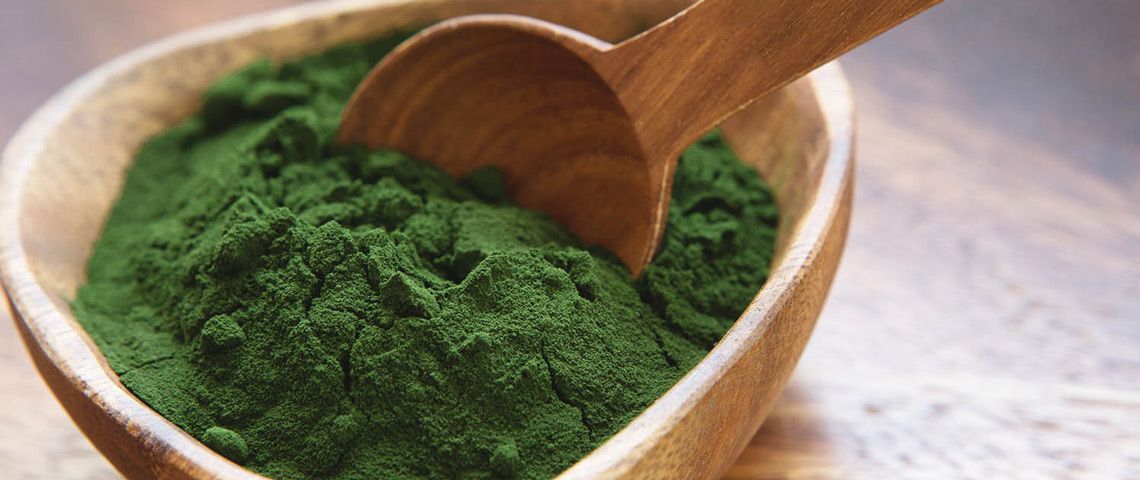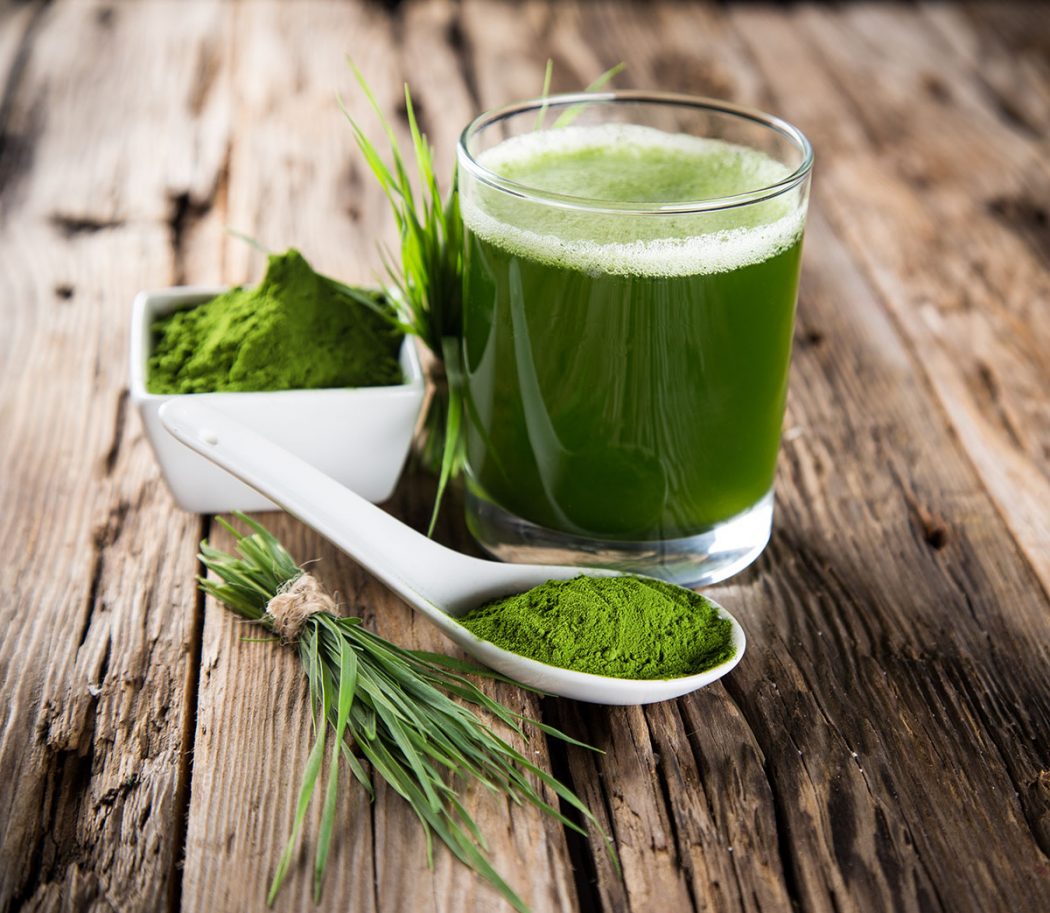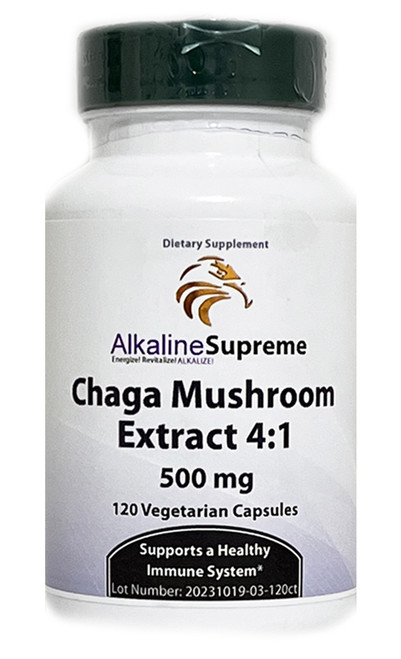Product Description
SPIRULINA BENEFITS

1. Supports Mental Health
Spirulina is a source of tryptophan. Tryptophan is an amino acid that supports serotonin production. Serotonin plays an important role in mental health. People with certain mental health conditions, such as depression and anxiety, may have reduced levels of serotonin. Taking tryptophan supplements to maintain healthful serotoninlevels may play a role in supporting mental wellbeing. Researchers need to conduct more clinical trials before they know the true role of spirulina in supporting mental health.
2. Antitoxic action
In certain parts of the world, people are at risk of poisoning from contaminated drinking water and other sources of pollutants. Early research suggests that spirulina may offer a way to treat those affected. A later 2016 review found that spirulina had antitoxic properties that could counteract pollutants in the body, including:
- arsenic
- fluoride
- iron
- lead
- mercury
The authors of the review suggest that spirulina could be a useful substance to use to treat pollutant poisoning.
3. Boosting metabolism
Taking spirulina may help boost a person's metabolism. A higher metabolic rate may make a person feel as if they have more energy. It may also increase the number of calories they burn each day, which may aid weight loss. In a small-scale 2014 study, people who took 6 g of spirulina a day experienced beneficial metabolic effects, alongside weight loss and better health-related quality of life.
4. Losing weight
People can usually lose weight if they eat fewer calories than they use. Spirulina is a high-nutrient, low-calorie food that contains a lot of nutrition in a small amount of powder. Introducing spirulina to the diet may help people lose weight without losing nutrition. The results of a 2016 double-blind placebo-controlled trial suggest that spirulina may aid weight management. In the study, people who were overweight and regularly ate spirulina for 3 months showed improved body mass index or BMI.
5. Superior Nutritional Profile
Consuming spirulina is one way to supplement protein and vitamins in people's diets without notable side effects.
One tablespoon or 7 grams (g) of dried spirulina contains:
- 4.02 g of protein
- 1.67 g of carbohydrate
- 0.54 g of fat
- 8 milligrams (mg) of calcium
- 2 mg of iron
- 14 mg of magnesium
- 8 mg of phosphorous
- 95 mg of potassium
- 73 mg of sodium
- 0.7 mg of vitamin C
It also contains thiamin, riboflavin, niacin, folate, and vitamins B-6, A, and K! Taking spirulina, as part of a balanced diet, may help a person to stay well nourished.

Spirulina is one of the most nutrient-dense foods known on earth. Spirulina works very well with Chlorella, another nutrient dense green super food.












